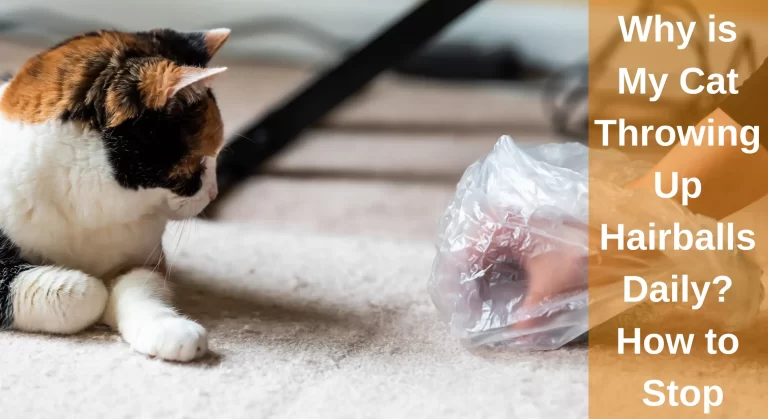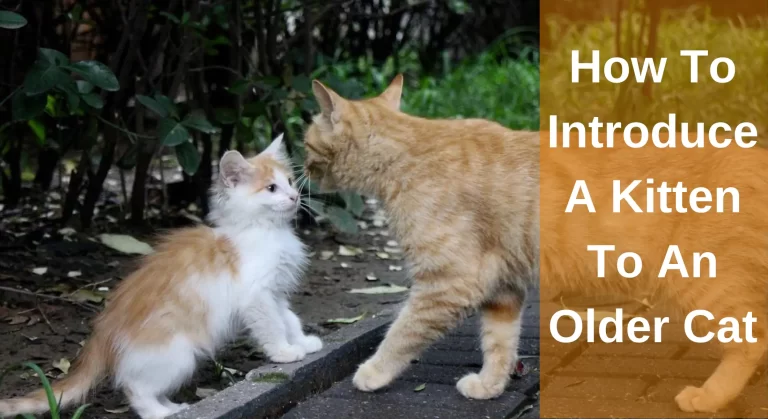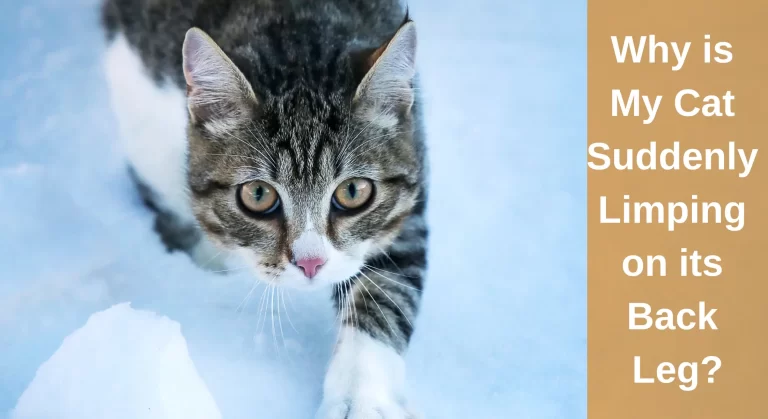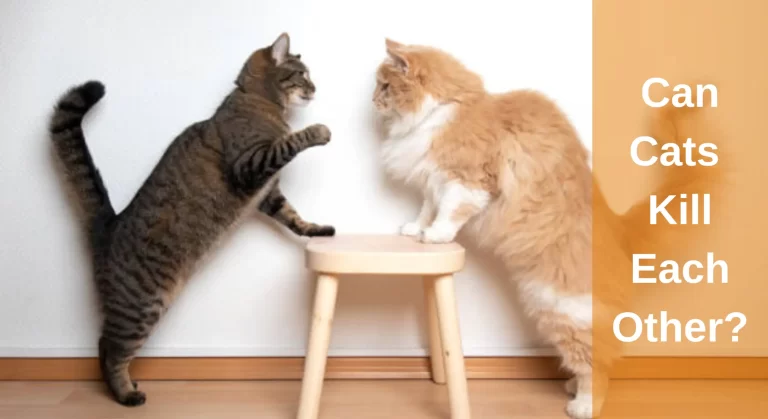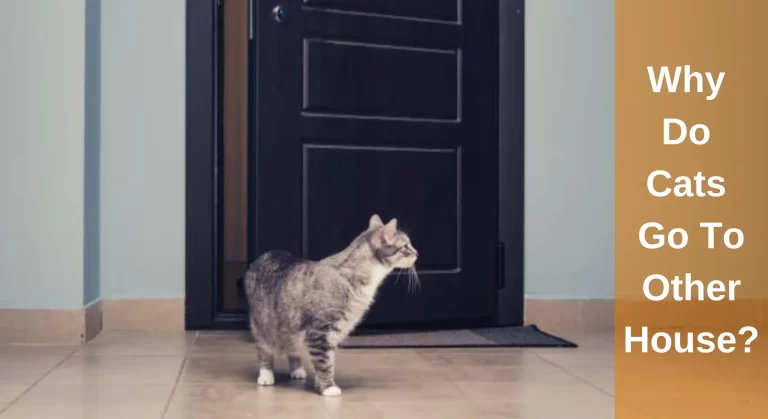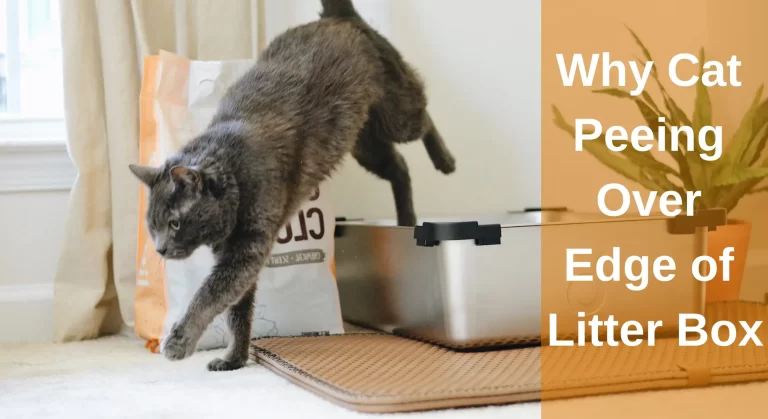Why Does My Cat Twitch In Her Sleep?
Cats adore napping and spend 12 to 16 hours each day dozing off. I like to watch my cat curled up in a peaceful and cosy position, blissfully snoozing away into dreamland. As she slips deeper into slumber, I observe her little paws, tail, and whiskers tremble.
This made me ponder why my sleeping cat twitches. This is frequently a sign that a cat is dreaming. Many people believe that only humans can dream, yet research has shown that cats and other animals can also dream.
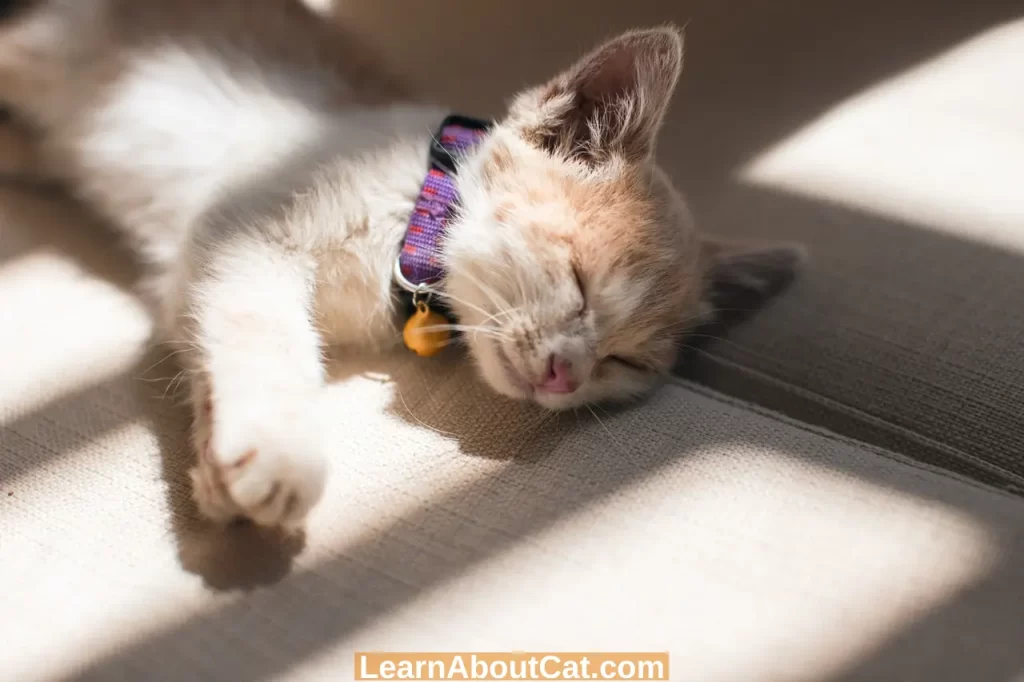
Reasons Why Do Cats Twitch in Their Sleep
The following are some of the probable reasons for twitching when sleeping:
- They see a dream
- Muscle spasms that are uncontrollable.
- Seizures caused by epilepsy
- Development of the nervous system
Your kitten’s nervous system may be growing if it twitches a lot while sleeping. During stage four, or active sleep, kittens’ nervous systems develop. Kittens squirm a lot and may even cry or wriggle while sleeping at this period.
Seizures should not be ignored if your cat’s twitching is caused by them.
Cat Sleep Stages
A cat’s sleep may be broken down into phases. Each of these stages plays a distinct purpose in the cat’s well-being.
Catnaps
Catnaps are commonly used to describe the initial stage of a cat’s sleep. They are frequently extremely short, and the cat is still aware and responsive to its environment. The cat’s twitch in response to noises is the most visible evidence that your cat is in stage one sleep.
Light Sleep
Light sleep is the second stage of cat sleep. The duration and amount of consciousness of light sleep might vary. Your feline buddy isn’t as alert as it is during a catnap, but it isn’t dreaming or dozing off either
REM Stage
If your cat is twitching, he or she is most likely dreaming at this stage of sleep. REM sleep lasts just 5 to 10 minutes. During the profound slumber period, your cat is least responsive.
Active Sleeping Stage
The majority of mature cats sleep exclusively in the three stages outlined above. Active sleep is the fourth stage of sleep in kittens. The cat is currently sleeping, yet its neurological system is still active. Kittens require active sleep in order to develop their neurological systems properly.
Check Out: Why Do Cats Cover Their Faces When They Sleep?
Do Cats Twitch at Night?
Twitching during sleeping is common and typically not a cause for worry. Normal twitches are mild, although sometimes they move in a sweep-like manner. In exceptional cases, your cat may move so swiftly that he or it appears to be about to fall out of its cat bed. To evaluate if your cat’s twitching is natural or not, you must pay attention while felines sleep.
Is It a Seizure or a Dream that My Cat is Having?
If your cat twitches uncontrollably while sleeping, it’s natural to worry if he’s dreaming or suffering a seizure. Fortunately, your cat’s behaviour may be explained by dreams. Cats are known to stir when sleeping, and this movement may be rather obvious at times.
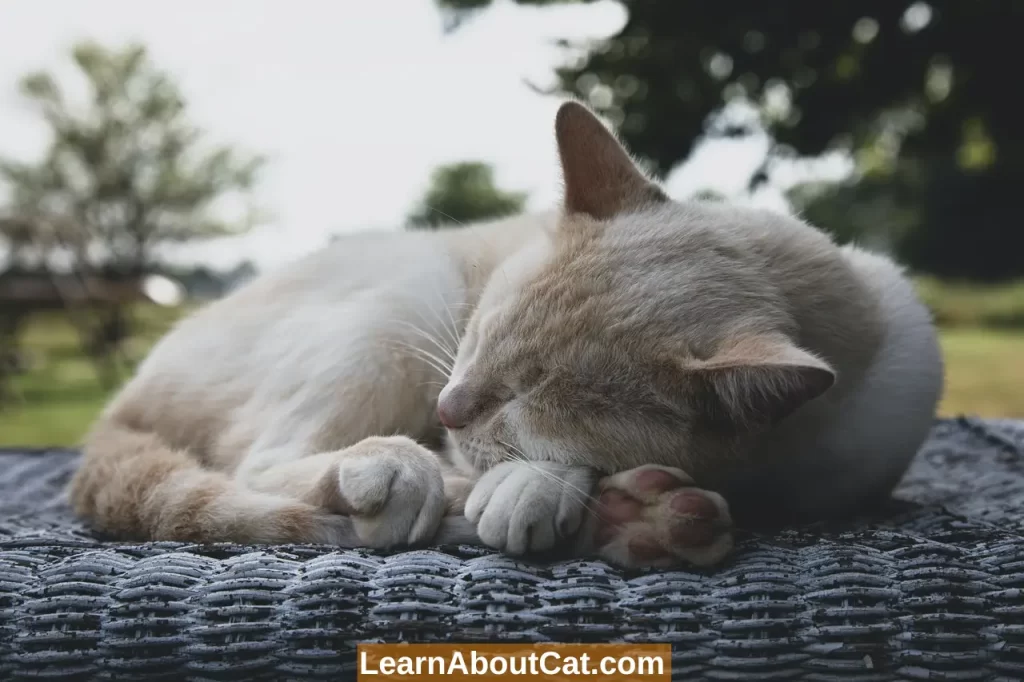
Seizures are uncommon in cats, although they can happen. In certain cases, they might occur while you are asleep. A cat seizure is distinguished by considerable muscle rigidity accompanied by rhythmic activity.
The legs of a seizure cat may “paddle,” but this rhythmic, excessive paddling will not resemble the tranquil dream movements seen in most cats. The majority of cats that have seizures will show neurologic abnormalities during the day. If your cat is generally healthy, sleep-related twitches are unlikely to constitute seizures.
On the other hand, seizures are more likely if a cat’s behavioural activities or appetite changes.
What Else Might My Cat Be Twitching About?
When your cat is sleeping, a third sort of twitching might occur, which could affect its skin. This twitching differs from both dream-like twitching and chirping and total-body convulsions. Instead, it is typically localised to a particular inflamed or uncomfortable site. For example:
1. External Parasitic Infection
These are passed on to your cat by other animals it encounters, making outdoor cats significantly more vulnerable to contracting them. Fleas itch and irritate your cat, causing sudden and unexpected jerking.
Fleas frequently hide on the skin directly below a cat’s tail. Ear mites can also induce twitching. These little creatures cause irritation in feline ears. They will produce an abundance of ear wax as well as a foul-smelling black dry discharge.
2. Feline Hyperesthesia Syndrome
Also called rolling skin disease, which occurs during sleep when a cat’s skin twitches down its spine. The twitching causes a rippling sensation that travels up and down the spine. It can affect cats of any age, breed, or sex, although it most commonly manifests itself in maturity.
The following are clinical indications of FHS:
- Tail chasing, clawing and biting.
- Aggression against humans and other animals.
- Uncontrollable urine.
- Excessive grooming, especially in the lumbar area of their spine.
Twitching or Seizure in a Sleeping Cat
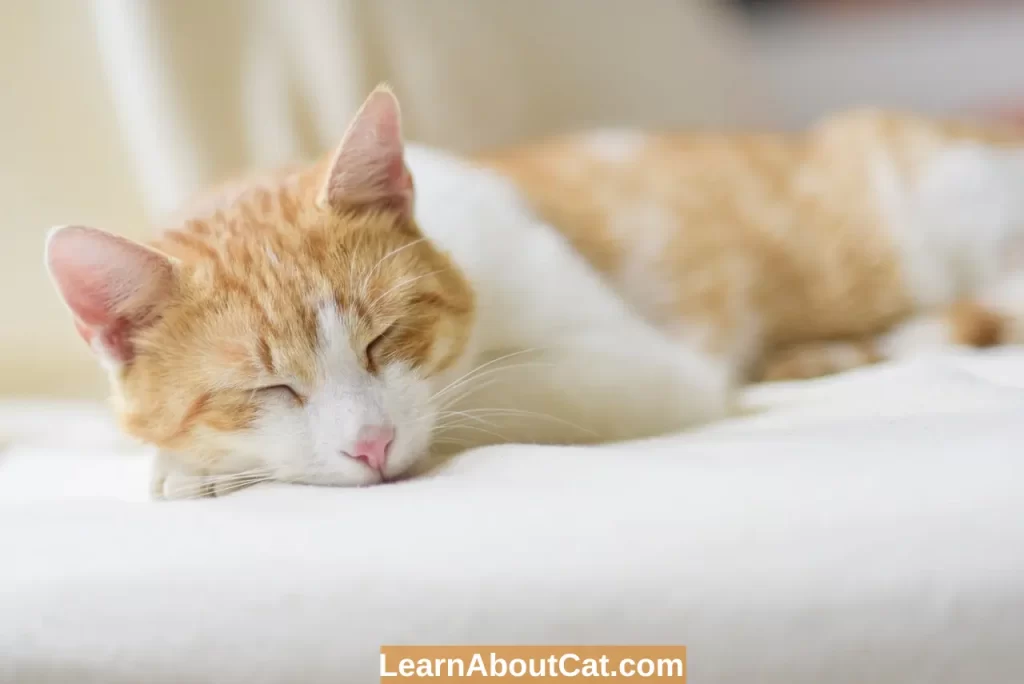
Because they’re all tied to REM sleep, they’re usually nothing to be concerned about. Felines dream due to signals sent to their brain during sleeping. As a result of which their muscles twitch.
Twitching when sleeping is a common and normal occurrence in most cats. If your cat is also lethargic, has a decreased appetite, vomits, or their body stiffens or has jerky motions when they twitch, you should take them to the clinic.
Frequently Asked Questions
The Bottom Line on Why Does My Cat Twitch In Her Sleep
Because they’re dreaming about chasing their favourite toy, hunting prey, or reliving one of their favourite moments from the previous day; a cat twitches in their sleep. If you detect any unusual twitching, you should notify your veterinarian. A seizure might cause stiff and jerky shaking, although cat seizures when sleeping are quite unusual.
If your cat’s twitching is limited to one place or appears to be bothering him, it might be due to parasites or FHS.
Who is Isabella?
My name is Isabella, and I am a dedicated and knowledgeable cat enthusiast. With years of experience caring for cats and a deep love for felines, I made a mission to help other cat lovers navigate the challenges of cat ownership.

